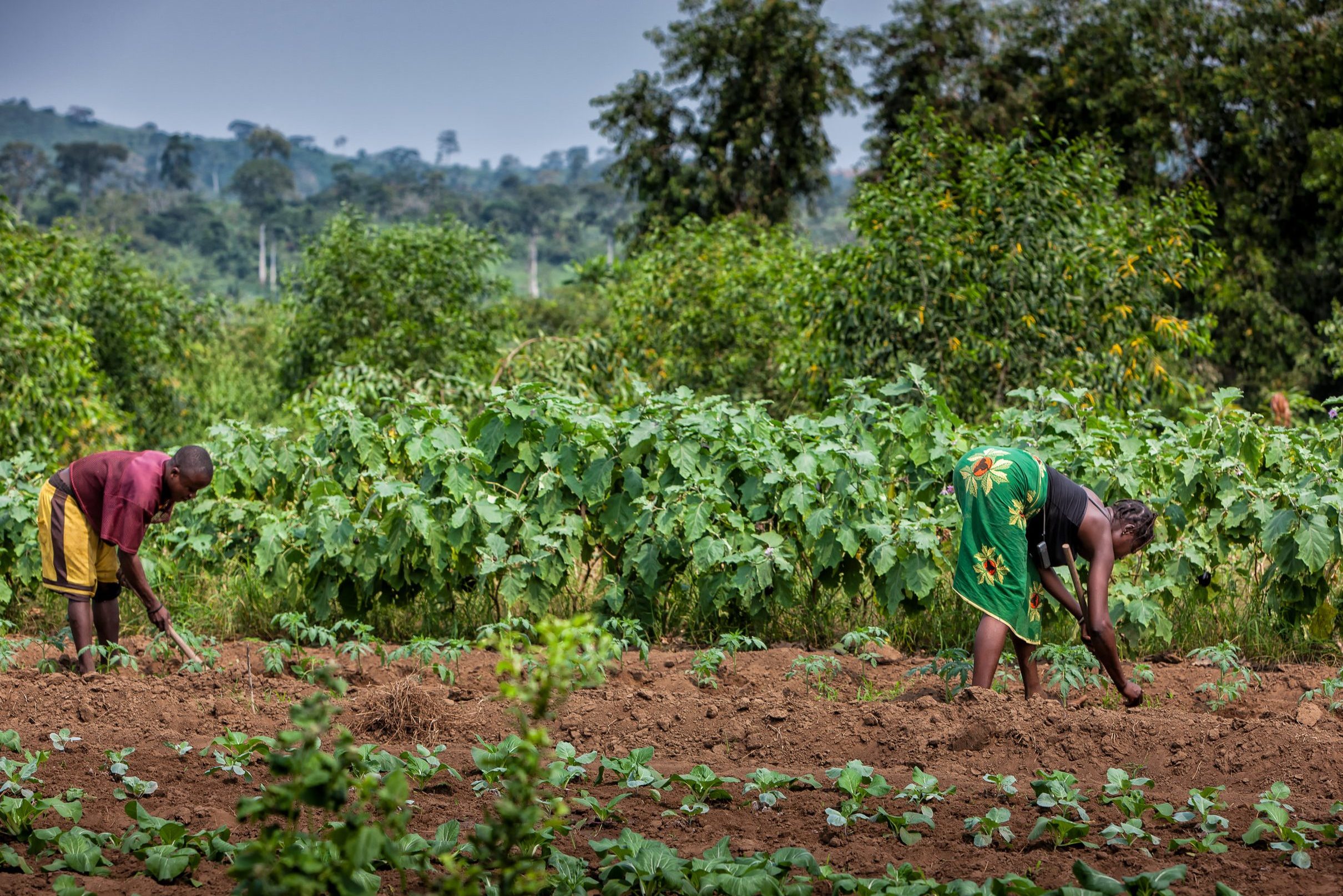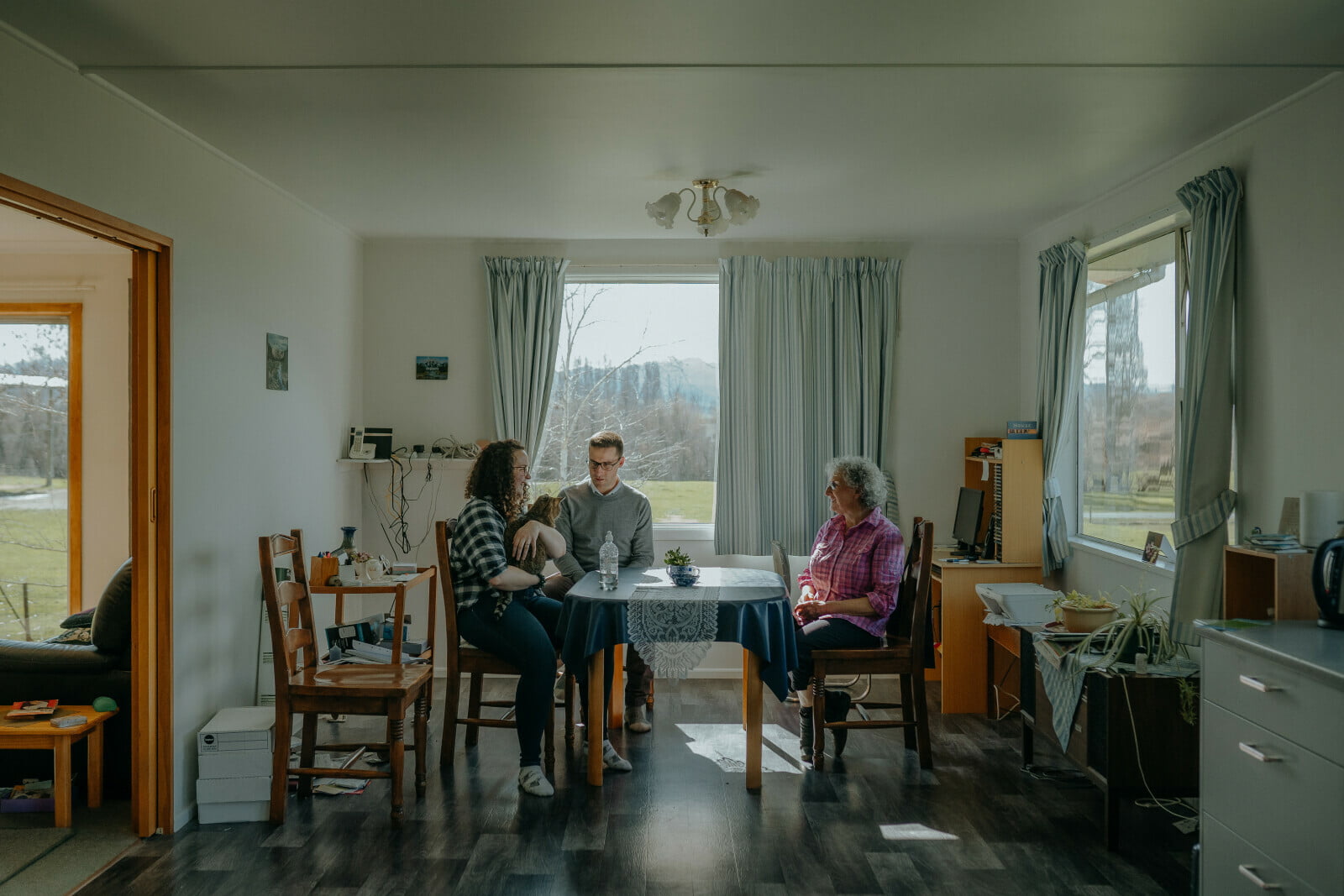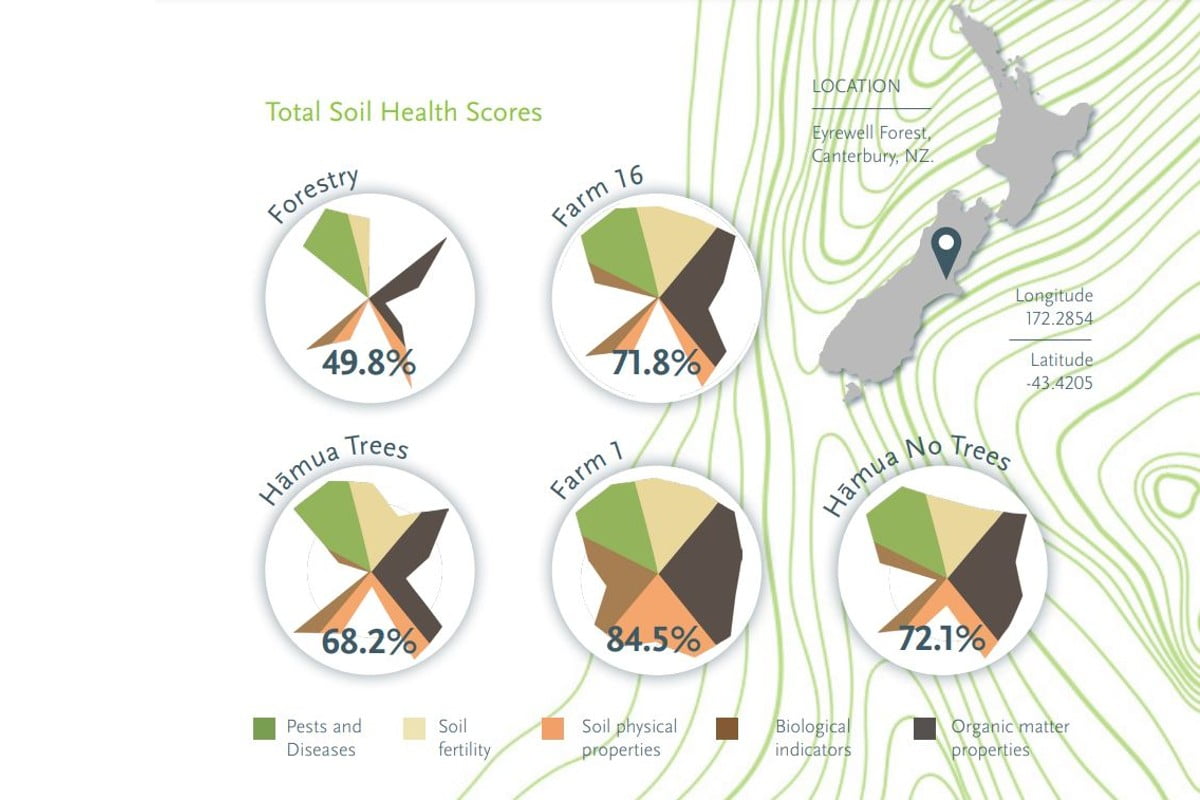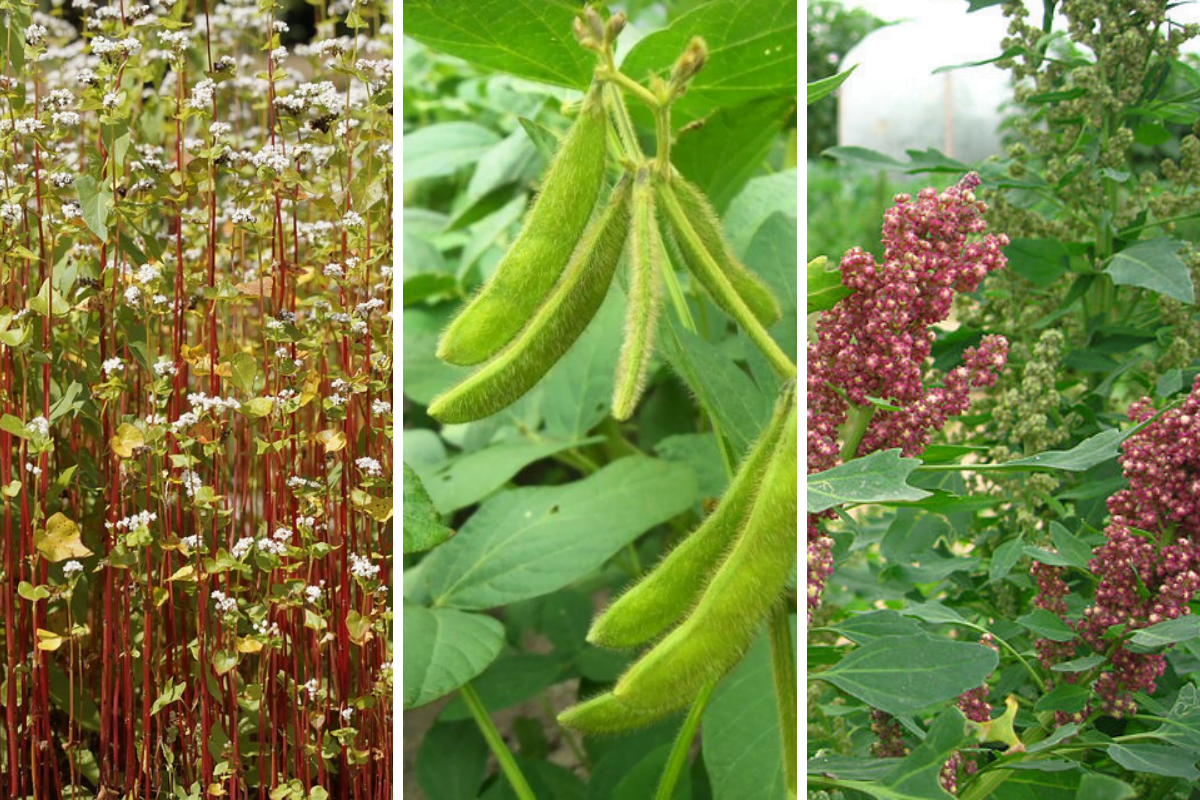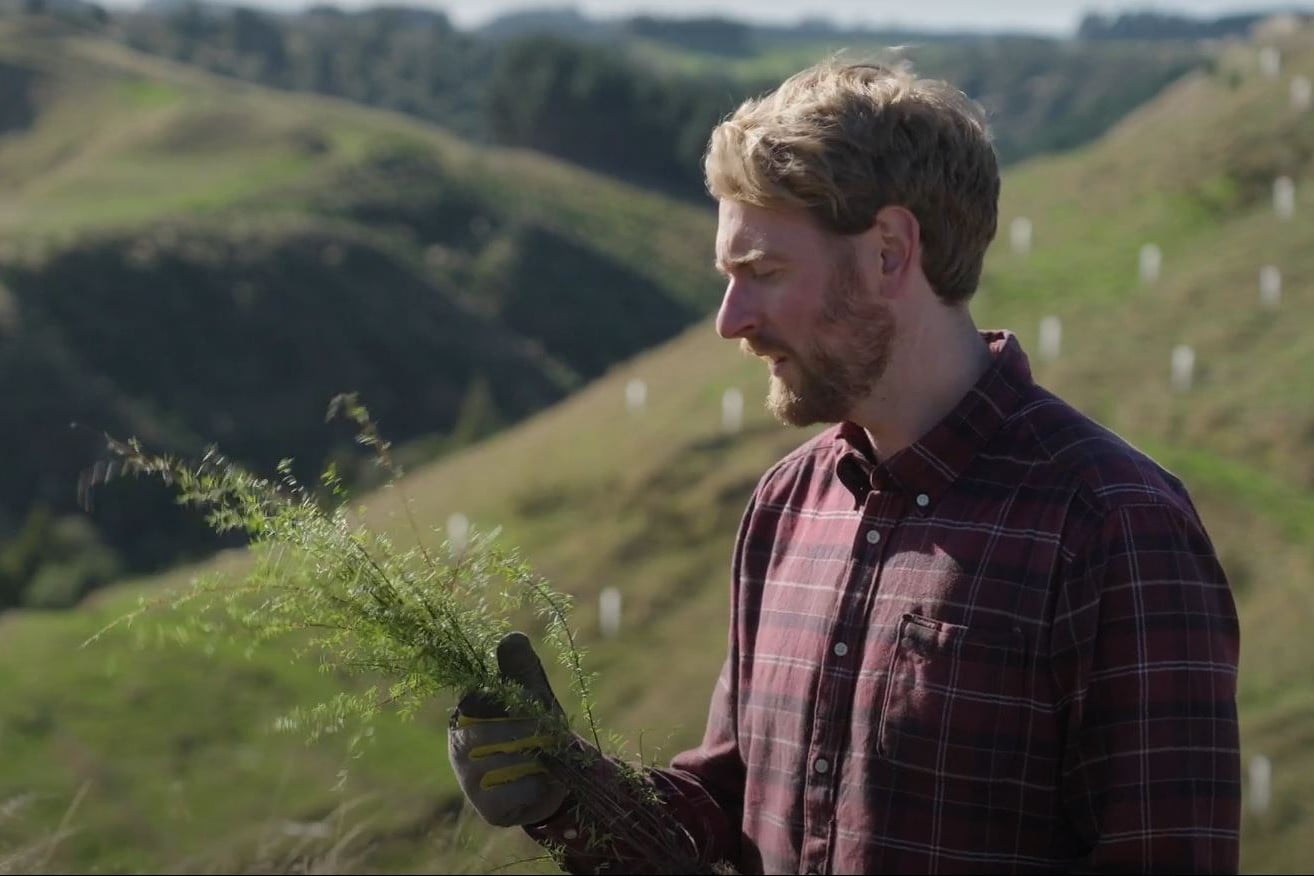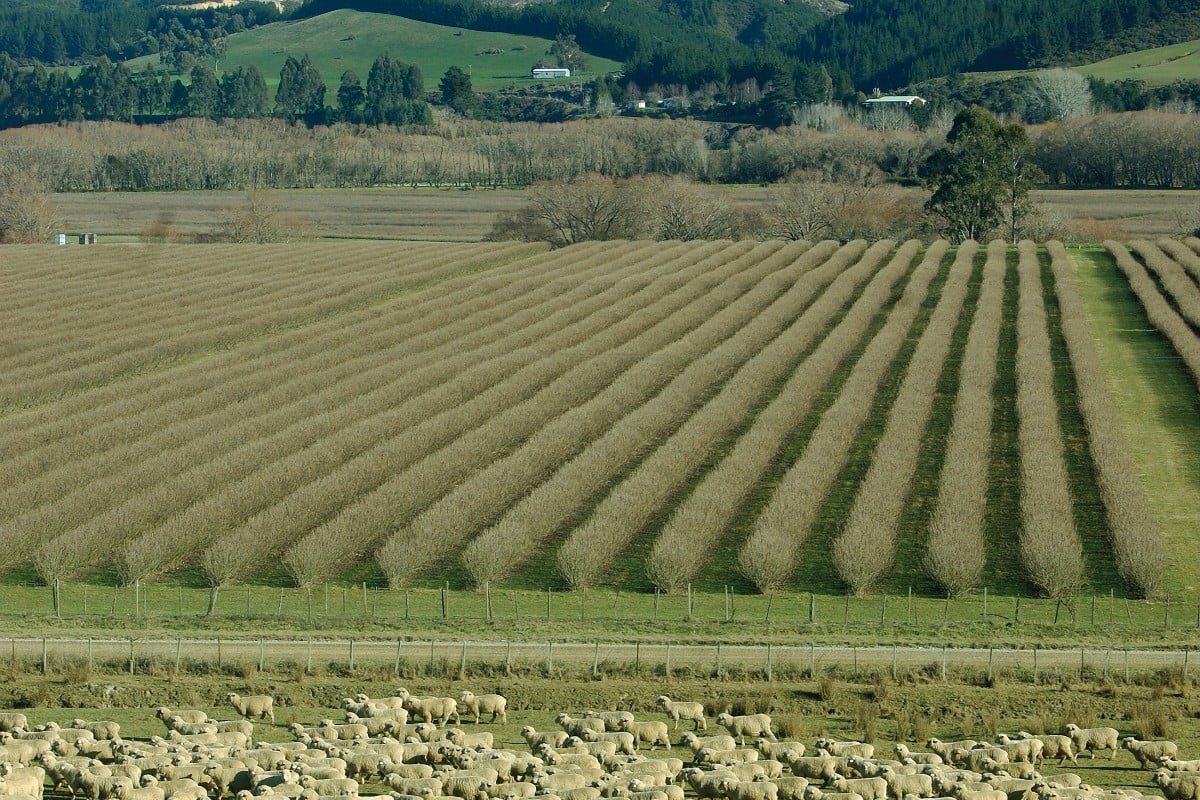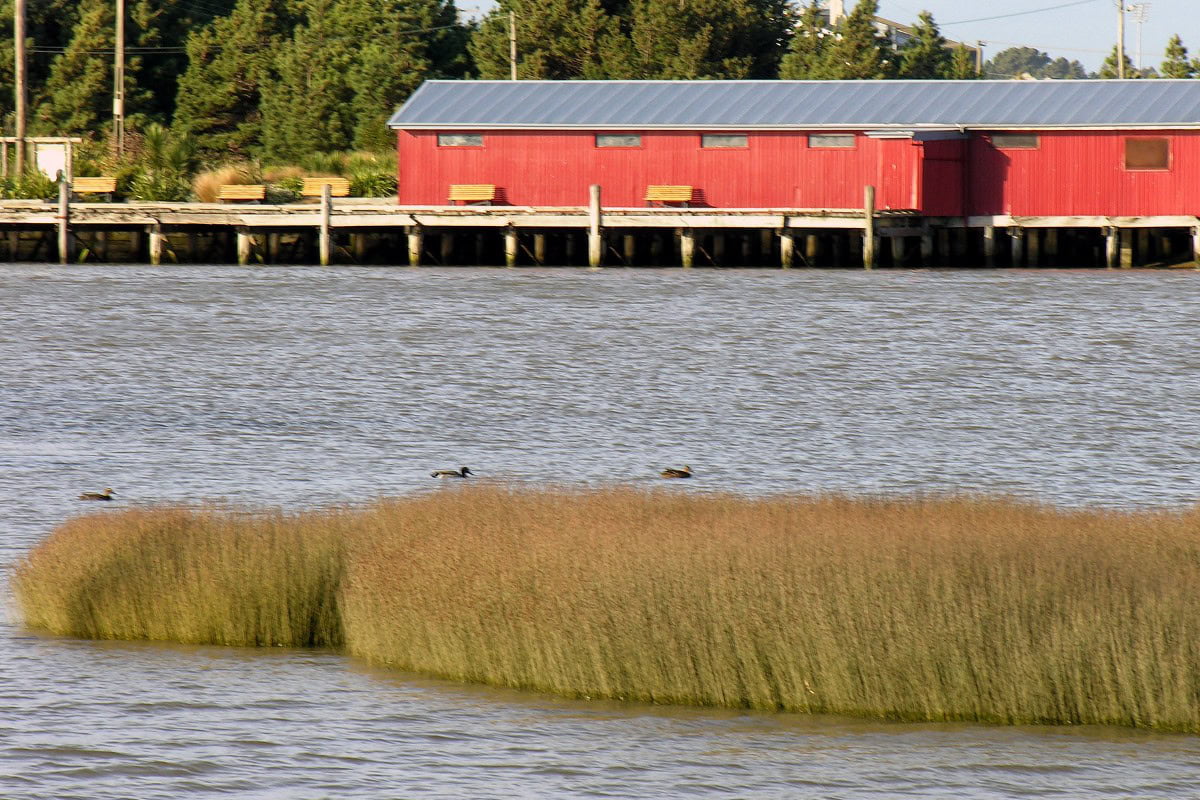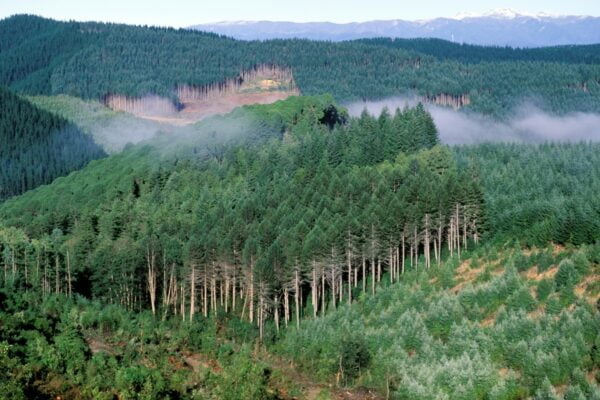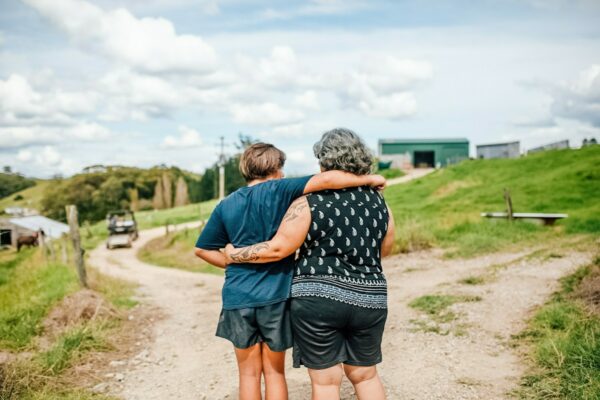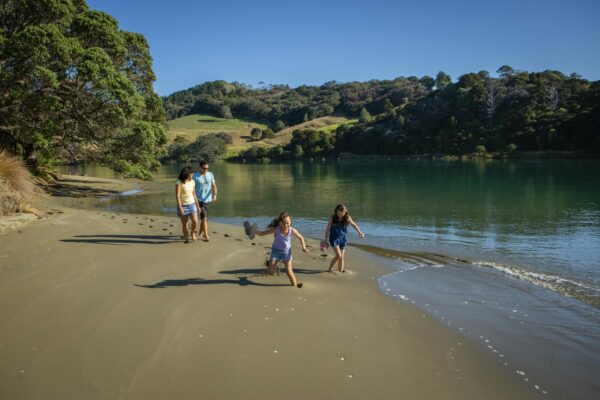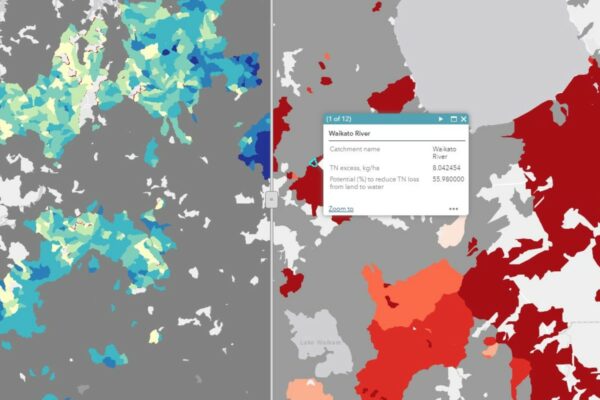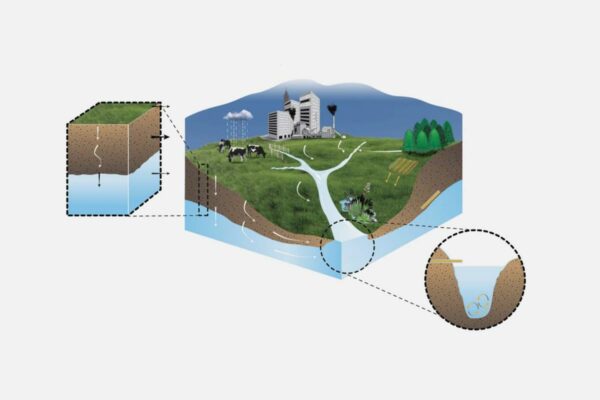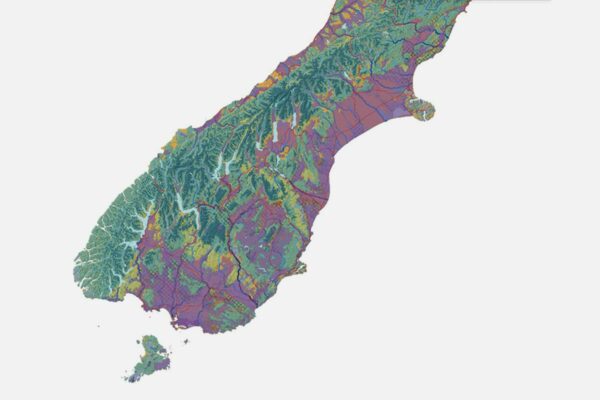Next Generation Systems
Identifying next generation primary production systems and opportunities to change the face of farming
Project Details Ngā taipitopito
Collaborators Ngā haumi
AgResearch | Central Plains Water | Drumpeel Farms | Leftfield Innovation | Lincoln University | Manaaki Whenua Landcare Research | Ngāi Tahu Farming | Pāmu | Plant & Food Research | Rotomā No.1 Incorporation | Scion
What are we doing?E aha ana mātou?
Primary production industries are constantly changing in response to new market opportunities, technological innovation, regulatory limits and consumer demands. These external forces for change have intensified, and will likely continue to intensify. While currently perceived as a threat by many landowners, this imperative for change will inevitably create new opportunities and innovations.
Incremental changes to current farming systems will almost certainly not be enough to respond to these pressures, increase the value of primary exports and improve environmental performance. Land managers need new and diverse land use options to deliver faster and greater benefits to land owners, catchments and international markets.
Next Generation Systems research addresses this need for a step change in land use.
The Next Generation Systems research team partnered with innovative farmers, growers and foresters to develop potential land use mixes and new systems of primary production. The research team worked with 5 core partners to co-design and de-risk novel production systems that were feasible and practical in the eyes of the rural community. Researchers critically evaluated these novel systems, addressed barriers to adoption, and identified gaps that require future research.
How can the research be used? Ka pēhea e whai take ai te rangahau?
- An NGS Assessment Framework was developed using multi-criteria decision-making to simultaneously consider multiple domains where selection of best alternatives is highly complex. The approach recognises that for land owners and managers, land-use change is primarily a business decision, but is influenced by other drivers. The framework can be used by land owners and managers to explore opportunities for next generation systems for their business and to identify gaps in their knowledge. The emerging value of the framework is beyond its original scope, for example in understanding the difference in values within Māori agribusiness between managers, supervisors and governance members.
- This research has helped de-risk decision-making for case study participants, and identified ways to accelerate the adoption of land uses that represent a transformation from their current state, creating plans for targeted trials, monitoring and evaluation. A highlight of this co-development was the pou marama (lighthouse) workshop with Pamū, which prioritised potential future systems and identified knowledge gaps. This has had a “ripple effect” for Pamū, which is actively planning for land use change resulting from this research partnership.
- A report was prepared in partnership with a central Canterbury farming group to identify potential crop and value chain opportunities, which align with their collective values.
- Next Generation Systems partnered with Rotomā No.1 Inc to assist in determining priority values for the transformation of land within a sensitive catchment which is in a staged land clearance. The iwi has a vision for a new approach to land use which meets values across multiple domains. Our researchers contributed science knowledge and networks, and international connections to source new knowledge and genetic material.
Related research updates Ngā pānui mō te rangahau nei
Participation & engagement Te hunga i whai wāhi mai
- Next Generation Systems has sought guidance from a diverse range of farm consultants and rural professionals across dairy, beef, sheep, cropping, horticulture and forestry sectors to identify farmers and behaviours associated with transformative and optimised leading-edge enterprises. This has built a community of interest in Next Generation Systems, and a foundation for wider dissemination as the programme advances.
- A Living Lakes Symposium (November 2017) presentation led to positive engagement from attendees and new connections with small-scale producers engaged in alternative land use crops.
- Next Generation Systems lead Robyn Dynes contributed to discussion on what the future looks like for sheep, beef and arable systems at a Beef + Lamb NZ field day, attended by approximately 100 farmers in Hororata.
- A Sheep Viticulture workshop (9 September 2018) with farmers, industry leaders and global investors discussed gaps and opportunities in integrated livestock-cropping systems.
- A one-day workshop, ‘Drivers for and Barriers to Land Use Change’ (August 2018) for the New Zealand Agricultural Economics Society was attended by over 40 people from wide range of organisations across government, industry and research.
- A workshop with farmers from Central Plains (December 2018) was held to explore opportunities and gaps in knowledge for farmers driven to land use change by availability and cost of irrigation water. The workshop has identified both potential opportunities and gaps in knowledge for research to investigate.
- A workshop was held with the NOSLaM farmer action group in Oamaru (April 2019), which is taking a collaborative approach (with local and regional councils and other stakeholders) to identify alternative land use options with lower environmental footprints in North Otago.
 View Our Strategy Document 2019 – 2024
View Our Strategy Document 2019 – 2024



